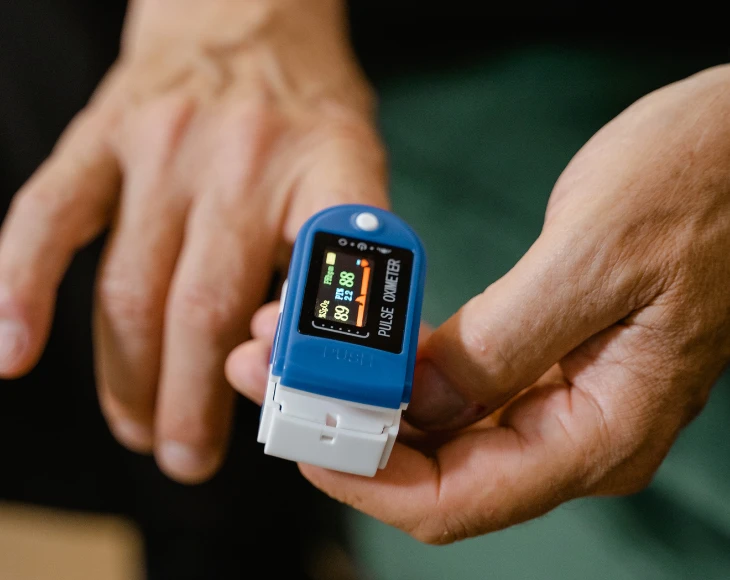
This course explores how unconscious bias and non-inclusive clinical frameworks can impact paramedic assessments, particularly for patients with darker skin tones. Drawing on recent peer-reviewed research, participants will examine the limitations of traditional training materials and assessment tools, including the reliability of pulse oximetry and visual cues such as pallor, cyanosis and jaundice. Through practical strategies, inclusive terminology and evidence-based resources, paramedics will learn to adapt their assessments to improve diagnostic accuracy, reduce disparities and enhance patient safety in diverse populations.
Learning outcomes:
NOT STARTED: You have not yet started this course/module.
Click the button below to start the course/module. Please note that once you start, you will not be able to save your progress. If you need to exit the course/module before you finish, take note of the page you are on so you can easily return to it later.